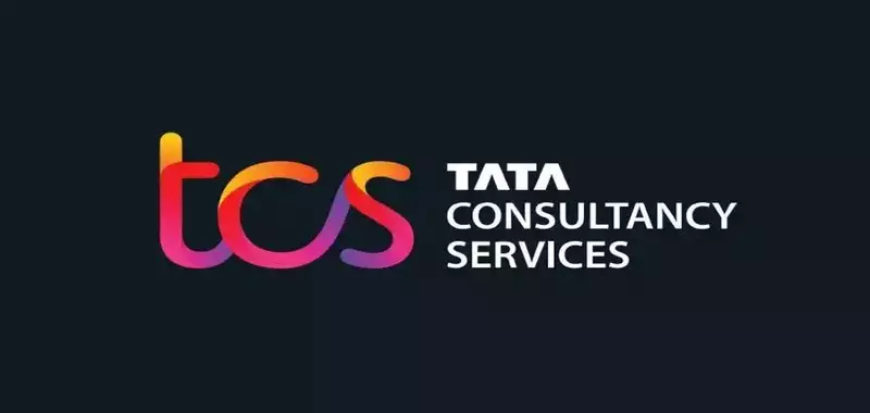TCS Layoffs Signal AI-Driven Job Shakeup: Up to 500,000 Indian IT Jobs at Risk, Experts Warn
TCS layoffs highlight AI’s growing role in IT, putting 500,000 jobs at risk. Adaptability, upskilling, and tech readiness are now vital.

The recent news of large-scale layoffs at Tata Consultancy Services (TCS) has sent shockwaves through India’s IT industry. Reports suggest that as many as 500,000 Indian IT jobs across the sector could be at risk in the coming years, with artificial intelligence (AI) and automation emerging as primary drivers behind this shift. While TCS has not confirmed such massive figures, industry experts believe the move reflects a broader trend where repetitive, manual, and low-skilled IT tasks are being rapidly replaced by AI-powered systems.
Why is this happening?
AI and machine learning tools can now handle tasks such as coding assistance, software testing, data entry, and customer support at a fraction of the time and cost compared to human employees. For companies like TCS, which handle large-scale global projects, adopting AI means faster turnaround times, higher efficiency, and lower operational expenses. This economic advantage is pushing management to restructure teams, phase out roles that can be automated, and focus on high-skilled positions requiring advanced expertise.
TCS’s Strategy and the Reasoning Behind It
TCS is not alone in making this shift; similar trends are seen in other major IT companies worldwide. The company is reportedly investing heavily in AI integration, cloud computing, cybersecurity, and data analytics. The reasoning is clear: clients are demanding faster solutions, and AI-powered systems can deliver results in hours rather than days or weeks. This makes the company more competitive internationally but creates a displacement effect for thousands of employees whose skills no longer align with the company’s evolving needs.
Impact on Employees and the IT Sector
For employees, the sudden threat of job loss is creating uncertainty and stress. Mid-level professionals with outdated skill sets are the most vulnerable, while fresh graduates entering the workforce may face limited opportunities if they lack AI-related knowledge. This shift also raises questions about job security in the Indian IT industry, which has been one of the country’s largest private-sector employers for decades.
How Employees Can Respond
Professionals facing potential layoffs should consider:
-
Upskilling in AI-related technologies such as data science, cloud platforms, machine learning, and cybersecurity.
-
Exploring freelancing or remote opportunities in the global tech market.
-
Pursuing industry certifications from recognized platforms to remain competitive.
-
Networking with peers and attending industry events to find emerging opportunities.
Future Outlook
While the short-term picture appears challenging, experts believe that AI will also create new jobs—just not in the same roles being lost. Positions in AI development, prompt engineering, ethical AI governance, and advanced system design are expected to rise. However, this transition will take time, and employees must be proactive in adapting to the new landscape.
Advantages of This Shift
-
Increased efficiency and productivity in IT projects.
-
Lower operational costs for companies.
-
Growth of new high-skilled job categories in AI and automation.
Disadvantages
-
Large-scale job losses for employees with outdated skills.
-
Rising competition for fewer entry-level positions.
-
Economic instability for families dependent on IT sector jobs.
Conclusion
The TCS layoffs mark a turning point in India’s IT sector, driven by AI adoption and automation. While the shift may benefit companies and clients in the long run, it poses significant challenges for the existing workforce. The key to surviving and thriving in this new environment lies in continuous learning, adaptability, and embracing the technologies that are reshaping the industry. The IT landscape is evolving faster than ever—those who evolve with it will have the best chance of success.

 Ellofacts
Ellofacts 





